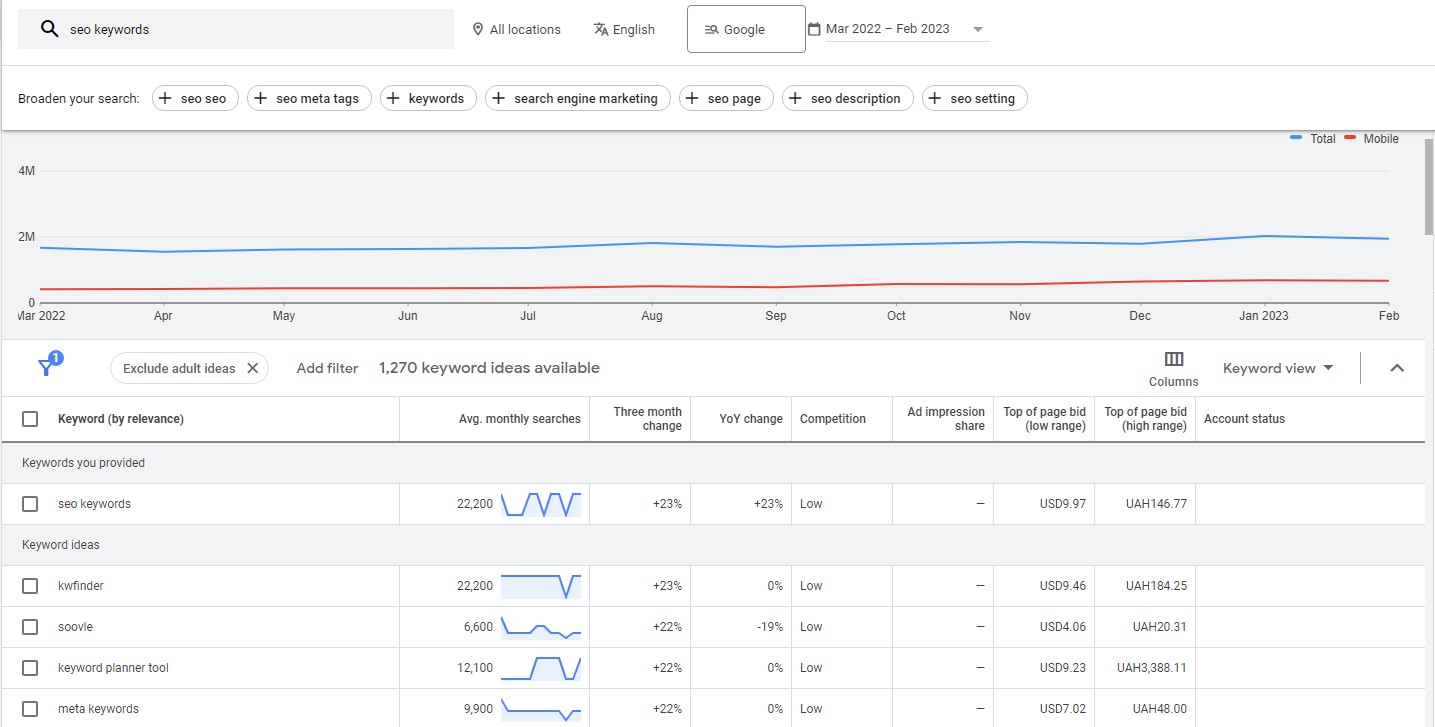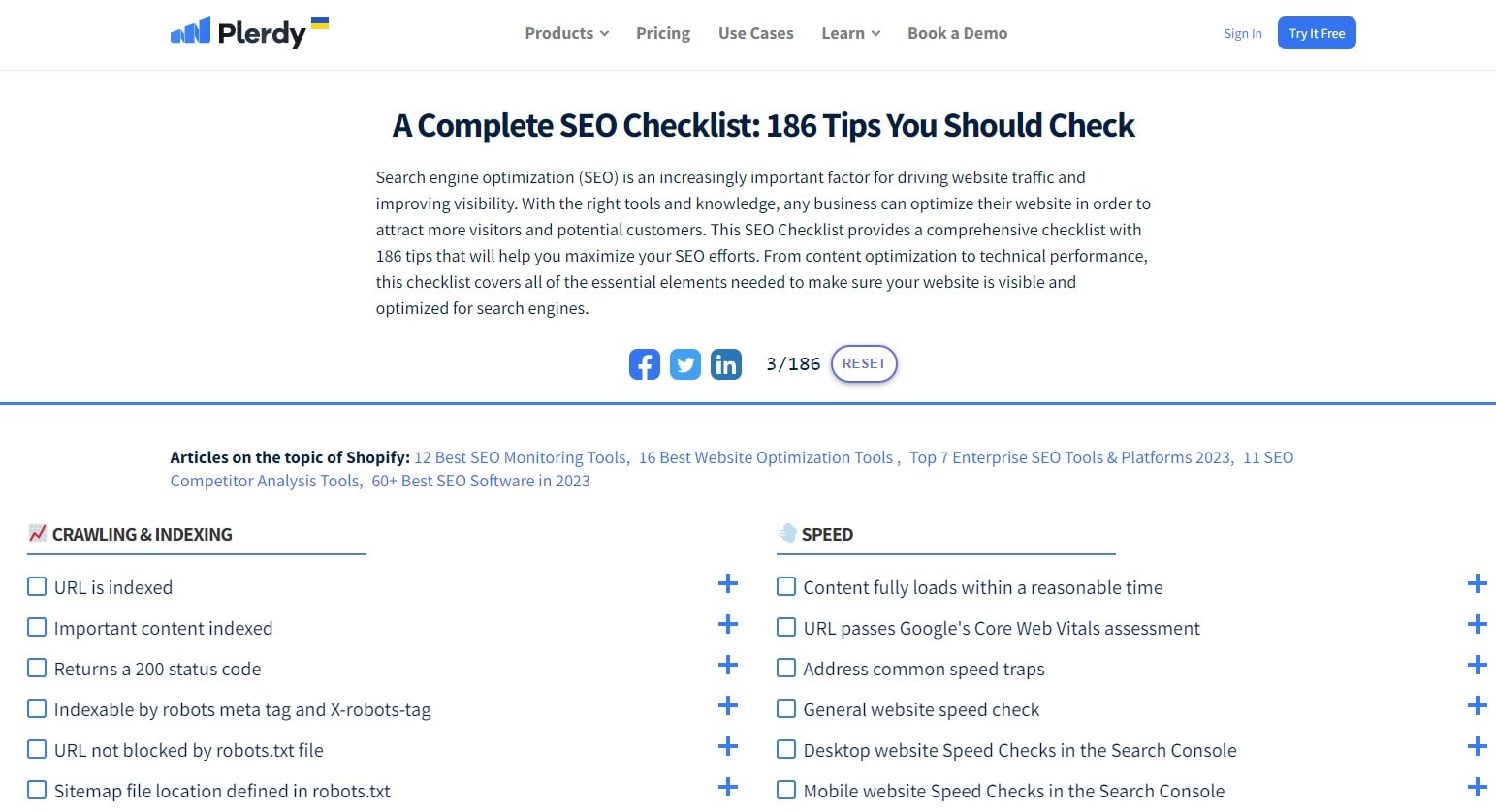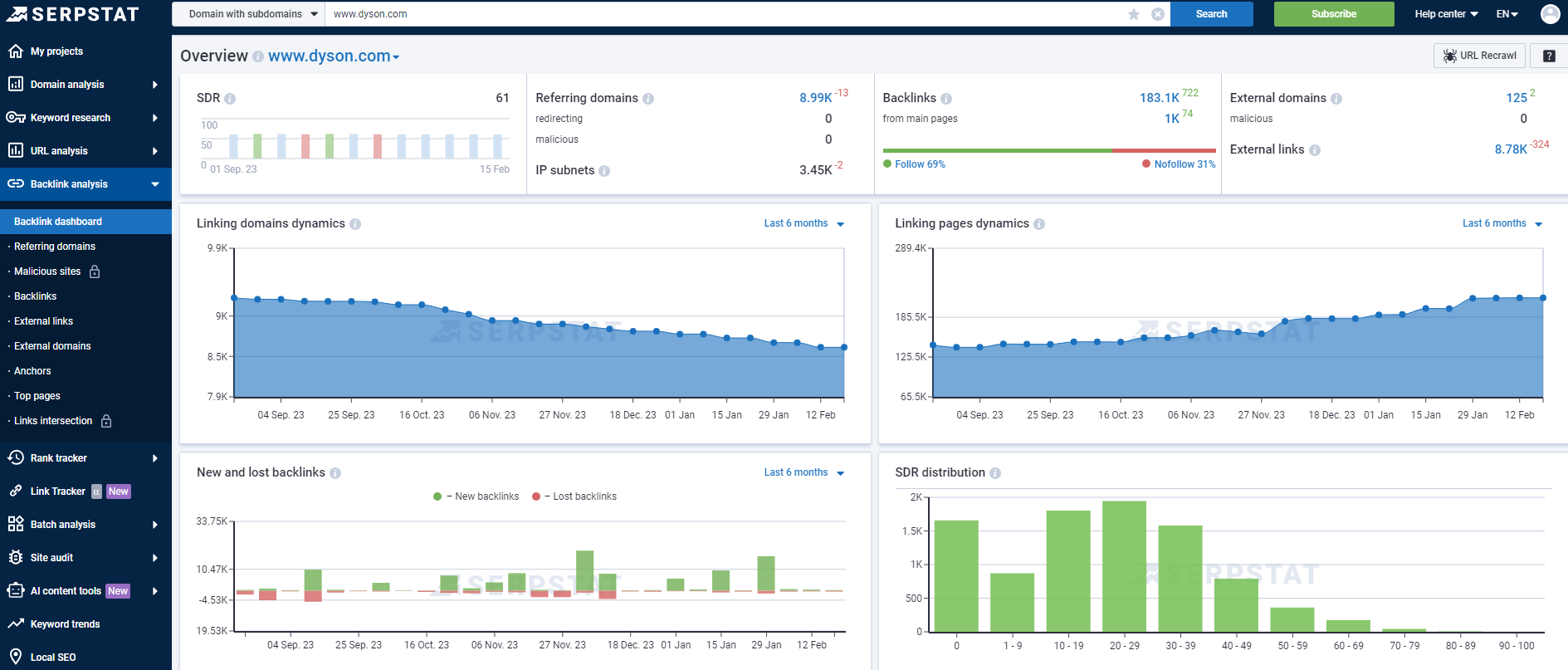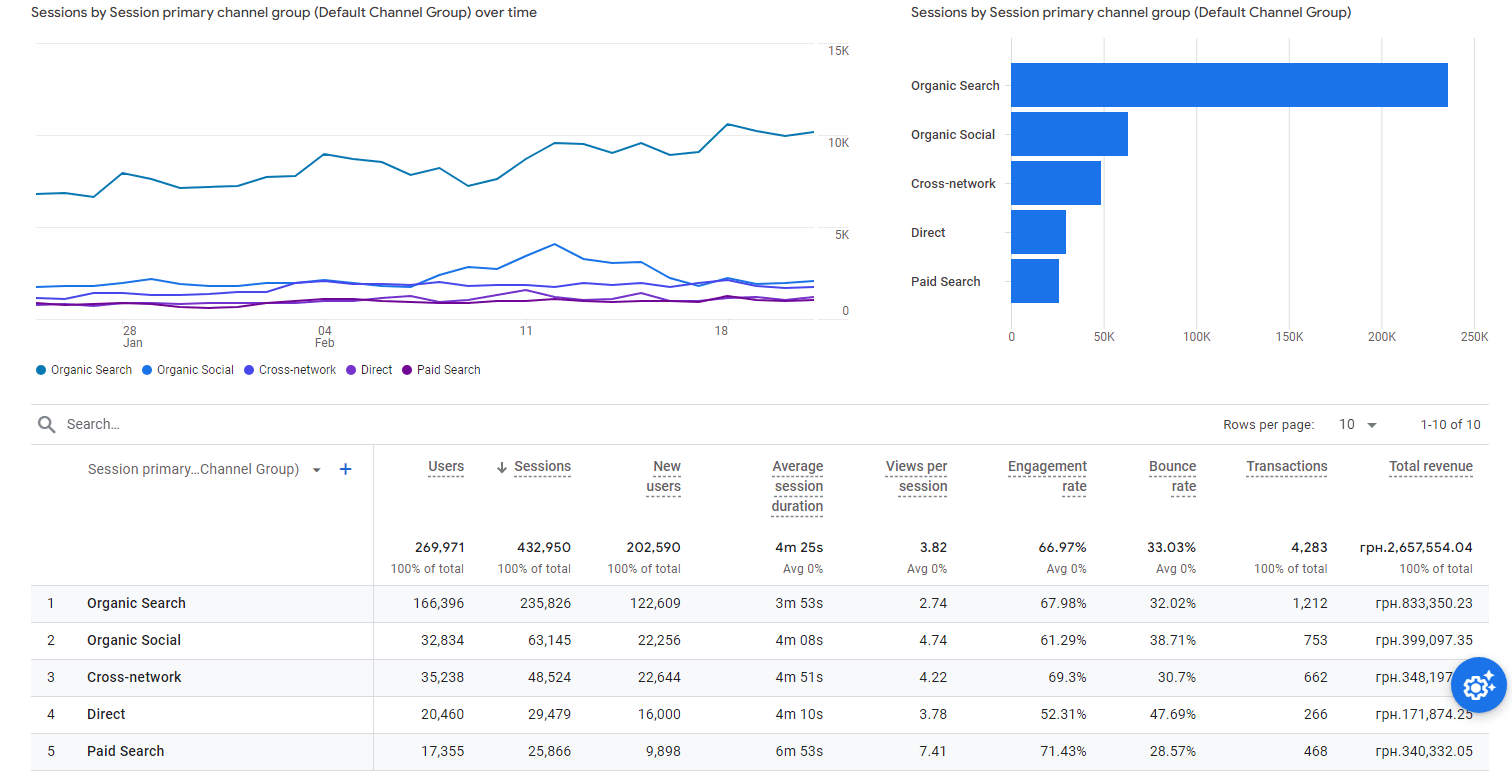Imagine if Google were a librarian, but instead of books, they’re sorting through billions of websites. That’s SEO – ensuring your site isn’t in the dusty corner of the Internet library! As an entrepreneur, you’re not just a business owner; you’re now a digital explorer, delving into the vast world of online marketing. And here’s where Plerdy steps in – your compass in this ever-evolving digital landscape. In this article, we’ll dive into the essential SEO strategies that can transform your website from a hidden gem into a shining beacon, attracting traffic and opportunities directly to your virtual doorstep. Get ready for an exciting adventure as you go on a quest to increase your website’s exposure in the ever-changing world of search engine optimization with Plerdy at your side!

Understanding SEO Basics for Entrepreneurs
Imagine launching a product that no one can find – frustrating, right? That’s the challenge in the digital world without SEO. SEO is the secret to increasing your website’s visibility on Google and other search engines. It’s not just about being online; it’s about being found. Let’s decode SEO basics for entrepreneurs, ensuring your website isn’t just a needle in the digital haystack.
What is SEO?
SEO is the art and science of making your website appealing to search engines. Think of search engines as matchmakers. They want to connect their users with the most relevant, high-quality content. If your website speaks the language of these search engines – through keywords, content quality, and user experience – you’re more likely to be introduced to potential customers. Google’s guide on SEO here provides a comprehensive introduction.
Why SEO Matters for Business Growth
SEO isn’t just a technicality; it’s a fundamental part of your digital marketing strategy. A well-optimized website earns more traffic. More traffic means more potential customers discovering your products or services. In the digital age, where most shopping journeys start online, being visible on search engines can make or break your business. BrightEdge reports that organic search drives over 50% of website visitors.
Understanding and implementing SEO basics is crucial for any entrepreneur. It’s the bridge between your business and your online audience. By focusing on SEO, you’re not just building a website. You’re creating an online presence that’s visible, valuable, and vibrant in the eyes of both search engines and potential customers. Remember, in the digital world, visibility is everything. Your firm can stand out in the huge internet realm with the correct search engine optimization tactics.
SEO for Entrepreneurs: Keyword Research and Optimization

Discovering the best keywords for your website is like discovering a treasure trove of prospective clients. In the bustling digital marketplace, knowing what your audience is searching for and how they phrase their queries is crucial. Let’s dive into the essentials of keyword research and optimization, a cornerstone of SEO that can significantly boost your online presence.
Tools for Keyword Research
Keyword research is the first step to understanding what your audience is looking for. For example, Google Keyword Planner, a free tool from Google, shows how often certain words are searched and how those searches have changed over time. These insights are invaluable in shaping your SEO strategy.
Incorporating Keywords into Content
Once you’ve identified your target keywords, the next step is weaving them into your website’s content. This doesn’t mean stuffing your pages with keywords. Instead, it’s about creating meaningful, relevant content that naturally includes these terms. Moz’s guide on keyword usage emphasizes the importance of context and relevance. Your primary goal should be to inform and engage your audience, not just to rank higher in search results.
Balance is crucial. Your content should be useful, entertaining, and written in a natural, conversational tone. Each page should focus on a topic or theme and strategically use keywords. This could mean including them in your page titles, headings, first paragraph, and throughout the body of the text where it feels natural. Remember, search engines are smart enough to understand synonyms and context, so there’s no need to repeat the same phrase uncomfortably often.
Keyword research and optimization are about understanding and speaking your customers’ language. Using the proper keywords in your content can boost search engine rankings and audience engagement. It’s a careful blend of art and science, requiring a deep understanding of your market and a thoughtful approach to content creation. With well-researched keywords and well-crafted content, you’re reaching an audience and engaging with the right people. This strategic approach to SEO will pave the way for your entrepreneurial success in the digital world.
On-Page SEO Techniques for Entrepreneurs

Diving into the world of SEO can feel like unraveling a complex puzzle. But fear not! On-page SEO is a critical piece of this puzzle, and mastering it can significantly boost your website’s visibility. Your website’s parts are refined for search engine optimization in on-page SEO. Let’s break down the key techniques entrepreneurs should focus on to optimize their web pages effectively.
Title Tags and Meta Descriptions
Title tags and meta descriptions are your website’s first SERP impressions. They should be compelling, incorporating your primary keywords while clearly describing the page’s content. To achieve accurate search results, Moz recommends limiting title tags to around 60 characters. Meta descriptions, while not directly impacting rankings, influence click-through rates. A well-crafted meta description, under 160 characters, should summarize the page’s content and entice readers to click through.
Optimizing Images and Headings
Images and headings are vital in enhancing user experience and boosting SEO. Start optimizing image file sizes and formats for faster loading times – a key factor in Google’s ranking algorithm. Image alt tags and descriptive, keyword-rich file names assist search engines in indexing your visual material.
Headings, from H1 to H6, organize content and make it digestible for users and search engines. Your H1 should include the main keyword and accurately reflect the page’s content. Subsequent headings (H2, H3, etc.) should structure the content logically, using related keywords where appropriate.
On-page SEO meticulously crafts each web page for search engine bots and human readers. Optimizing title tags, meta descriptions, graphics, and headings ensures search engines understand your page while offering a smooth user experience. These fundamental on-page SEO techniques are essential in the entrepreneur’s digital toolkit, paving the way for better visibility and engagement in the vast online marketplace. Remember, the devil is in the details in the realm of SEO.
SEO for Entrepreneurs: Link-Building Strategies

Building connections in the digital world is as crucial as in the real world. For entrepreneurs, link building is not just about creating links; it’s about weaving a network of credibility and authority around your website. Let me discuss link building, an SEO strategy that can boost your internet presence.
External Link Building
External link building involves collecting links from other credible websites to yours. This process signals to search engines like Google that your content is valuable and trustworthy. Backlinko found that websites with good backlinks score higher in search results. Start by creating high-quality, shareable content that naturally attracts links. Engage in guest blogging on authoritative sites in your niche, and don’t hesitate to reach out for collaborations or to share your expertise. Each external link is like a vote of confidence in your website’s quality.
Internal Linking and Site Structure
Equally important is internal linking, which involves linking different pages within your website. This helps with website navigation and spreads link equity across your pages, strengthening your SEO. Moz emphasizes using descriptive anchor texts for internal links, enhancing user experience and search engine understanding of your site’s content.
Link building for entrepreneurs is about crafting relationships within your website and with the external digital world. Building high-quality external links and a robust internal linking structure improves your SEO and enhances your website’s overall user experience. Links are lighthouses pointing consumers and search engines to your digital shoreline in the internet ocean. Approach link building with a strategy of quality and relevance, and watch as it unfolds its power in elevating your online presence.
Mobile Optimization for SEO Entrepreneurs

In today’s fast-paced digital era, mobile optimization is not just an option for entrepreneurs; it’s a necessity. Most internet consumers utilize mobile devices. Thus, your website’s mobile performance may affect SEO and user engagement. Let’s delve into the critical elements of mobile optimization and understand its pivotal role in your SEO strategy.
Making Your Site Mobile-Friendly
Multi-device adaptable website design is the foundation of mobile optimization. Google’s Mobile-Friendly Test can rapidly assess your site’s mobile performance. Your website’s responsive design makes it easy to use on smartphones and tablets. According to a Google survey, 61% of consumers won’t return to a mobile site they had problems accessing, with 40% visiting a competitor’s site.
Mobile SEO Best Practices
Beyond a responsive design, mobile SEO involves optimizing loading speeds, simplifying menus, and ensuring interactive elements are touch-friendly. Google PageSpeed Insights can detect site speed improvements. Additionally, consider the mobile user’s search intent; mobile searches are often more local and immediate. Incorporating local SEO strategies and ensuring your content is concise and easily digestible on smaller screens is key.
Optimizing your website for mobile is not just about providing a user-friendly experience; it’s about aligning with the evolving search habits of your audience. Mobile-optimized sites get more visitors, have better search rankings, and engage better. As an entrepreneur in the digital world, embracing mobile optimization is embracing the future of online interaction and commerce. Remember, in the realm of SEO, mobile-friendliness is a gateway to reaching a wider, more engaged audience.
SEO for Entrepreneurs: Utilizing Analytics and Tools

Navigating the vast ocean of SEO can be daunting for entrepreneurs, but with the right tools and analytics, it becomes a journey of discovery and success. Understanding your SEO’s impact is essential for making smart decisions and guiding your approach. Let’s explore how analytics and tools are indispensable in optimizing your website for search engines.
SEO Analytics Tools
The first step in mastering SEO is to measure and analyze your website’s performance. Tools like Google Analytics provide invaluable insights into your website’s traffic, user behavior, and engagement patterns. This data helps you understand which parts of your SEO strategy are working and which need tweaking. The Content Marketing Institute found that companies routinely evaluate web data to increase SEO effectiveness.
Interpreting Data for SEO Improvement
The data from these tools can be overwhelming, but focusing on key metrics that matter most to your SEO goals is crucial. Metrics such as organic search traffic, bounce, and conversion rates are essential to your SEO effectiveness. By regularly monitoring these metrics, you can identify trends, understand user intent, and make data-driven decisions to enhance your website’s SEO. Neil Patel’s guide on interpreting Google Analytics highlights how each metric can give you deeper insights into your SEO performance.
Analytics and tools are vital for SEO entrepreneurs. They provide a roadmap to understanding your website’s current SEO performance and a guide to where to go next. Remember, SEO is not a set-and-forget strategy; it’s an ongoing measurement, analysis, and improvement process. You may use statistics and tools to ensure your website reaches and engages with your target demographic, boosting traffic and business.
Conclusion
As we wrap up this journey through the essentials of SEO for entrepreneurs, remember that the digital landscape is ever-changing. Being knowledgeable and flexible is crucial to online success. From keyword research to trend adaptation, each aspect of SEO is a step toward increasing your online visibility and growth. Plerdy’s blog offers more digital marketing insights. For a hands-on experience optimizing your website’s SEO, explore the powerful tools offered by Plerdy. Your journey to mastering digital marketing continues – let Plerdy guide you in navigating the vibrant and ever-evolving world of SEO.
